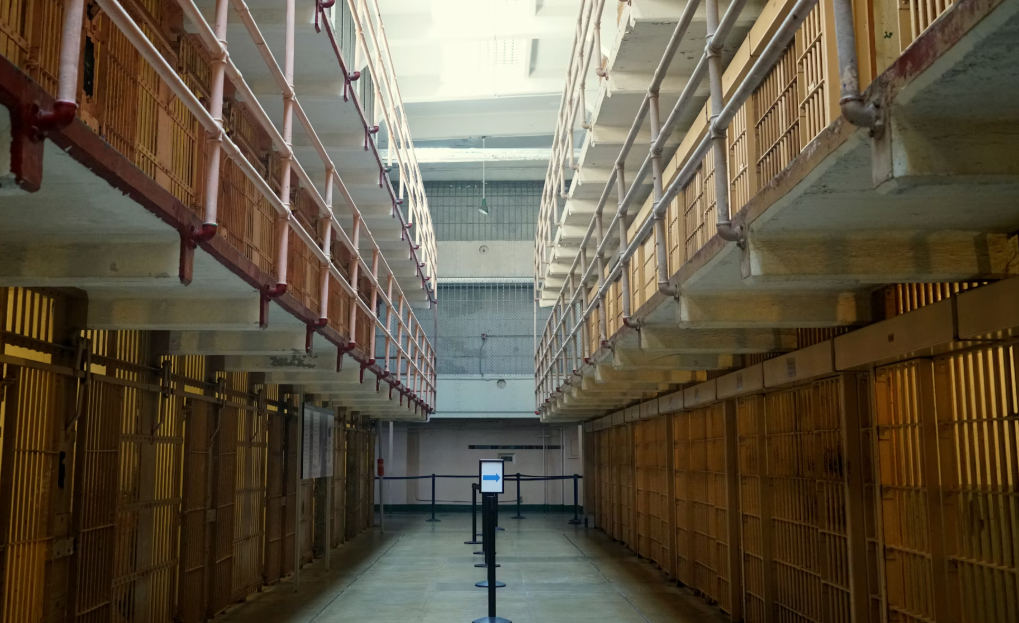Do you know that, according to the Department of Public Safety and Emergency Preparedness, more than 4 million Canadians have a criminal record?
By the way, it might sound like just a technical detail or a footnote in someone’s history. However, the truth is that even a minor conviction can have long-lasting effects, especially in a province like Alberta. That is because background checks are routine for everything there. Be it from job applications to travel permits.
If you’re currently facing criminal charges or you’re unsure what a record could mean for your future, this article breaks it down in real terms. This will answer questions such as what it can impact and, more importantly, how you can prevent it from defining your life.
A. Narrow Down the Employment Opportunities
In Canada, nearly 50 percent of employers conduct criminal background checks during the hiring process. This is why, for job seekers in Alberta’s cities like Edmonton, this can turn a single past conviction into a recurring obstacle.
This doesn’t just apply to law enforcement jobs. Positions in healthcare, education, banking, and even retail may require a clean record. And if you’re hoping to get licensed or certified in a professional field, some regulatory bodies may deny approval outright based on past records. That’s why it’s crucial to act early when facing charges.
If you want to avoid lasting consequences, connecting with experienced professionals like Liberty Law criminal lawyers in Edmonton can help you protect your record before it becomes a lifelong burden. The earlier you get legal support, the more options you have. They can vary from diversion programs to dropped charges and, in some cases, complete dismissal.
B. Add Complications to Travel Plans
As per some reports, roughly 20 million Canadians travel to the United States every year. But a criminal record can turn those plans upside down. In simple terms, U.S. Customs and Border Protection has access to Canadian databases, and even a single DUI or drug-related conviction can result in denied entry.
Outside the U.S., several other countries, including Australia, Japan, and the United Kingdom, also require disclosures of criminal records when applying for travel or long-stay visas. In certain instances, a record can prevent you from studying or working overseas at all.
However, sometimes, non-conviction outcomes like absolute discharges or diversions won’t lead to a permanent record that results in travel restrictions. Nevertheless, a lawyer can guide you through the alternatives and advise on future travel implications before the case is closed.
C. Results in Social and Personal Stigma
The tag of a criminal record can stick for a long time with you. Even if your charge didn’t lead to jail time or happened years ago.
Friends and family may treat you differently. In such scenarios, some people feel a strong sense of shame. It prevents them from fully engaging in their communities or pursuing opportunities they otherwise would have.
And it’s not only about reputation, either. It’s about how a criminal record can transform how others perceive you and, more importantly, how you see yourself. That shift can take a toll on mental health, relationships, and confidence long after the case has ended.
That’s why avoiding a conviction altogether is the most powerful way to sidestep social stigma. But if a record is already in place, applying for a pardon can help seal past charges and reduce public access. This becomes more helpful, especially with the help of a lawyer who knows the system inside out.
D. Adds Up Financial Fallout
Beyond legal fees and fines, having a record can limit your ability to secure the funds that require credit and background checks. Those might include:
- Certain loans,
- Business funding, or
- Even housing rental agreements.
It can also impact your job prospects, which ultimately limits your earning potential. For people trying to rebuild financially after a mistake, this becomes a major hurdle. The consequences aren’t just short-term; instead, they ripple out over the years.
In such a scenario, take the help of a legal professional. A skilled lawyer can negotiate plea agreements, challenge procedural errors, or push for outcomes that protect your long-term financial health.
Bringing It All Together!
A criminal record in Alberta doesn’t just live in the court system. Despite that, it shows up at your job interview, your passport application, and sometimes, your front door. The stakes are clearly high. However, with early action and the right support, you don’t have to let one charge define your path.
Last but not least, your past may be one part of your story, but it doesn’t have to decide the rest.


